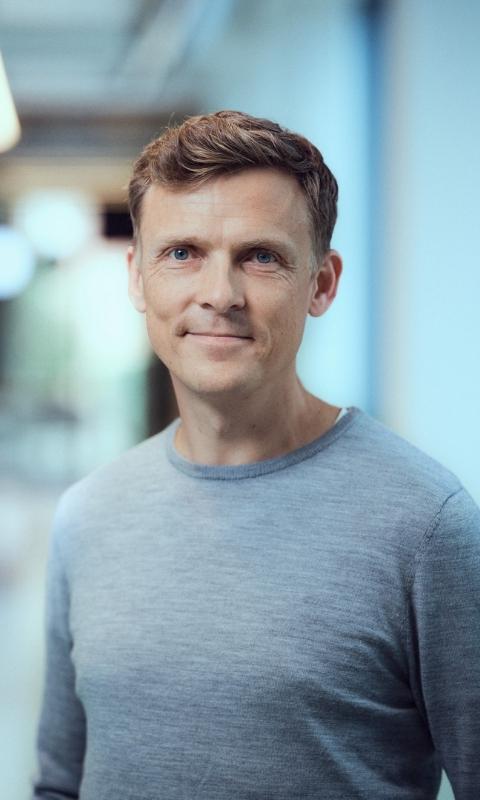BIO STUDIO PROJECT
Collaborome
The Collaborome project is working on designing consortia of bacteria – termed collaboromes – able to prevent or diminish attacks by pathogens causing significant annual losses of crops. The project will establish a comprehensive catalog of genes, species, and collaboromes characterizing the microbiota in fields with a high or low incidence of diseases due to fungal or bacterial pathogens.
About the Bio Studio program
The Bio Studio Program supports world-class entrepreneurial academic researchers in translating their science into innovative products and solutions. The program’s projects will join BII and establish a team that will work in BII’s office and lab space alongside other Bio Studio projects and start-ups. Bio Studio projects will be supported by a tailored program to develop the teams’ entrepreneurial and commercial competencies and by dedicated BII anchors to help guide project progression.

"Karsten Kristiansen has worked in the field of molecular biology since the late 70s. He is a Professor at the Laboratory of Genomics and Molecular Biomedicine in the Department of Biology at the University of Copenhagen and has served as a member of Scientific Advisory Boards in several life science companies, such as Evolva, and in research institutions around the world such as The National Institute of Nutrit..."
Read more
"Nikolaj works as an Entrepreneur in Residence in BII's Bio Studio program. Nikolaj has a Ph.D. in Biochemistry from the University of Copenhagen and has worked in academic groups studying lipid biology in Molecular Plant Biology and Oncology. Before becoming an Entrepreneur in Residence, he worked nine years with rare lysosomal and neurodegenerative diseases in a Danish startup, Orphazyme. Here, he worked wi..."
Read morePROJECT FAQ
Interview with Karsten Kristiansen
What have you learned about establishing companies that you can use in academia?
I have learned that companies work with strict deadlines and clear goals, which we are not always used to in academia. Another thing I have learned is to always keep in mind that pursuing patents is what creates real value.
How did you develop an eye for potential spinouts or translational projects?
I think I have always had an eye for that. Personally, I don’t do science just for the sake of science, and to make an impact, you must translate it. I believe it comes naturally for many researchers as most of us wish to benefit society through our discoveries. After spending 30 years looking at different technologies, it has become easier to see the differentiators and identify what could bring value.
What are the most promising technologies or solutions you have seen come out of industrial biotech?
We are only just seeing the beginning of what we can do when sequencing is coupled with bioinformatics and extensive sets of metadata. The advances that have been made in other fields of life sciences can be applied in the agricultural space, and this will lead to a real change in how food is produced over the next ten years.